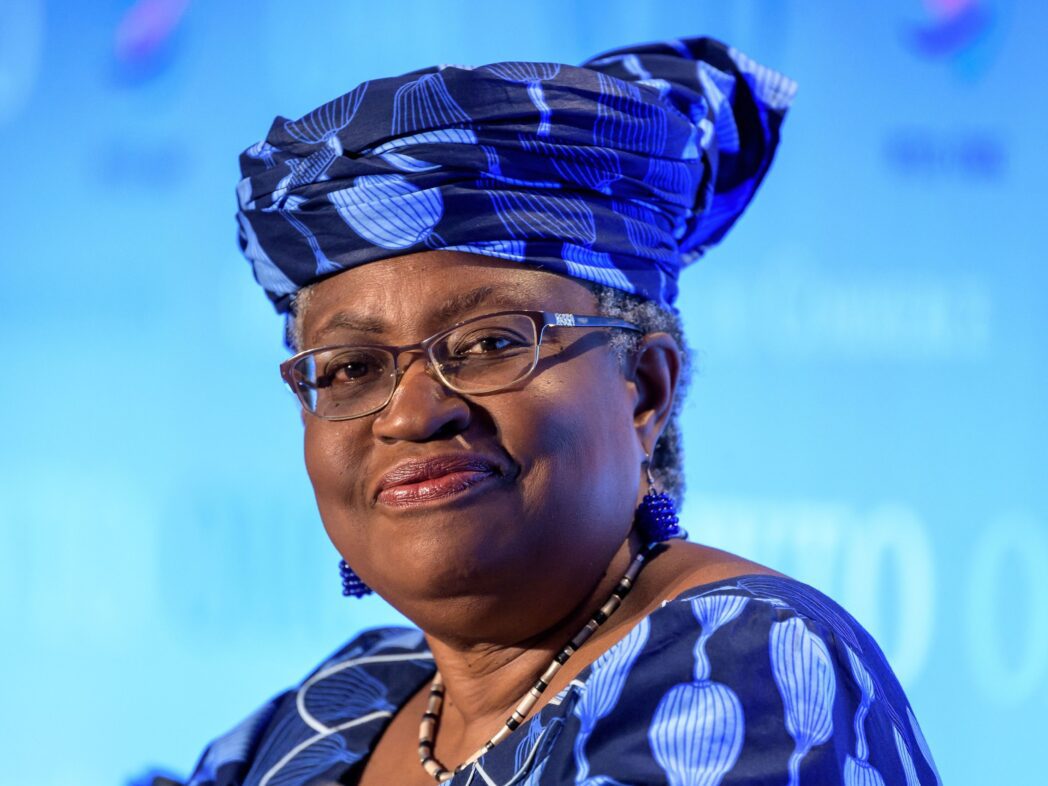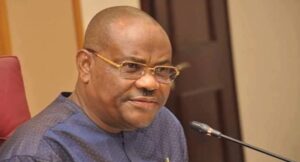
Stop blame games, Nigeria needs unity – Okonjo Iweala
Dr. Ngozi Okonjo-Iweala, Director-General of the World Trade Organization, has emphasized the urgent need for Nigeria to move past its history of political conflicts and erratic policies that have hampered the nation’s development since independence. She stressed that focusing on collective efforts rather than assigning blame is essential for advancing the country.
Speaking at the Nigerian Bar Association Annual Conference on Sunday at Eko Hotel, Lagos, Okonjo-Iweala delivered a keynote address titled “A New Social Contract for Nigeria’s Future.” In her address, she noted that Nigeria has not progressed as expected and remains stagnant in its development, despite being over 60 years independent.
Okonjo-Iweala criticized the blame-shifting attitude and called for a shift towards actionable strategies that address both current and emerging challenges. She acknowledged that Nigerians are not alone in facing economic difficulties but emphasized that the focus should be on constructive measures to advance the nation rather than on recrimination or regret.
Comparing Nigeria’s progress to that of other countries, Okonjo-Iweala highlighted how nations like South Korea, Peru, and India have outpaced Nigeria in economic growth despite similar starting conditions decades ago. She pointed to South Korea’s rapid industrialization and Peru’s economic resilience as examples of what Nigeria could achieve with consistent and sound policies.
She noted the stark contrast between Nigeria’s per capita income in the 1960s and that of South Korea today, with South Korea’s per capita GDP now being 20 times higher than Nigeria’s. Okonjo-Iweala attributed Nigeria’s failure to sustain growth to inconsistent policies and a lack of political will. She illustrated this by recounting how South Korea’s economic expansion was driven by a shift from exporting primary products to manufacturing and advanced goods, while Nigeria’s export basket has become less diversified over time, heavily reliant on oil.
Despite these challenges, Okonjo-Iweala acknowledged the potential within Nigeria’s economy, praising ongoing government efforts to diversify exports and improve the economic landscape. She emphasized the need for a stable social contract—an agreement across political parties and society on fundamental policies that should remain consistent despite changes in administration—to ensure steady growth and development.
In response, Vice President Kashim Shettima, representing President Bola Tinubu, assured that the current administration is committed to tackling the country’s social and economic challenges. He pledged to provide clarity and eliminate corruption, emphasizing that the government remains dedicated to improving the judiciary and addressing developmental issues.




